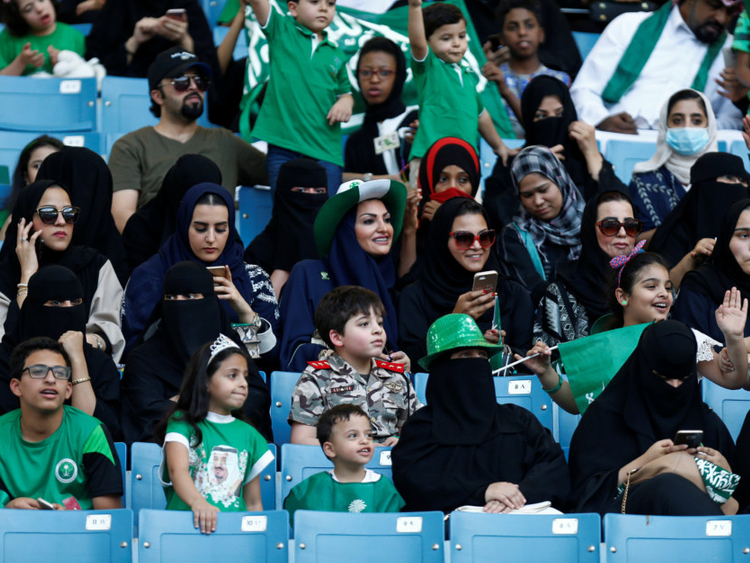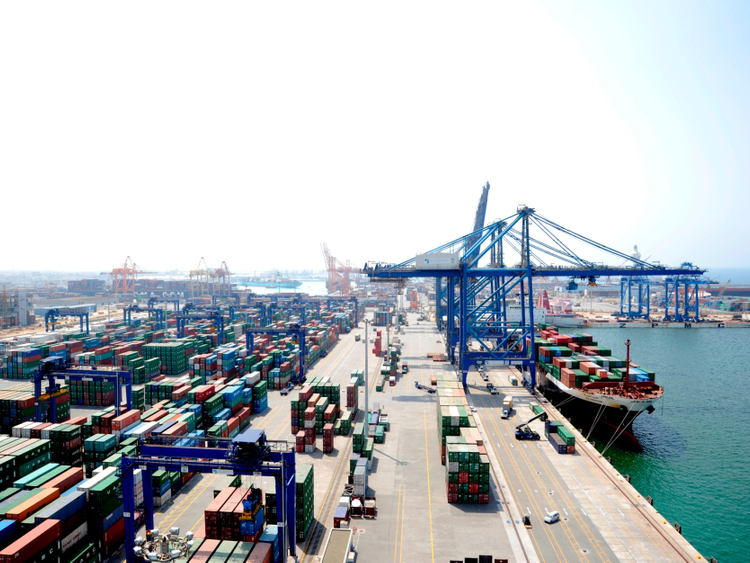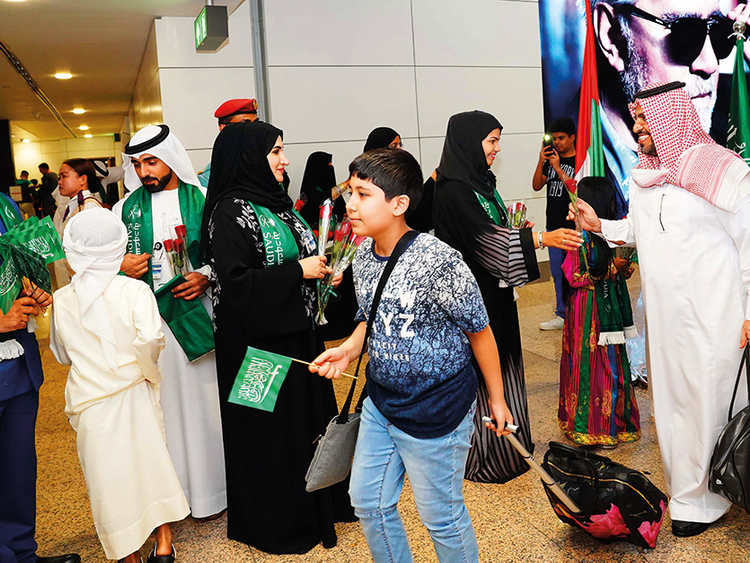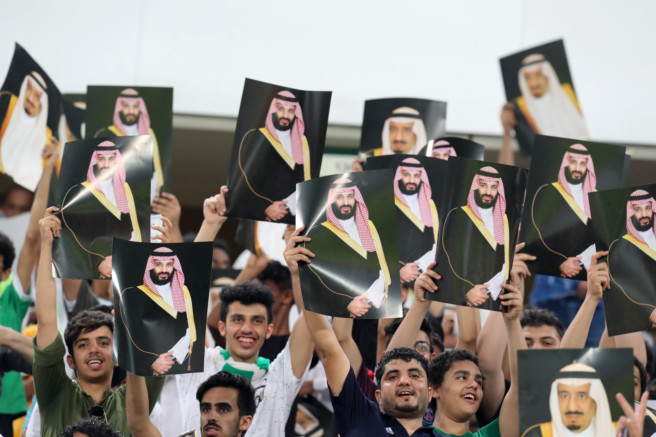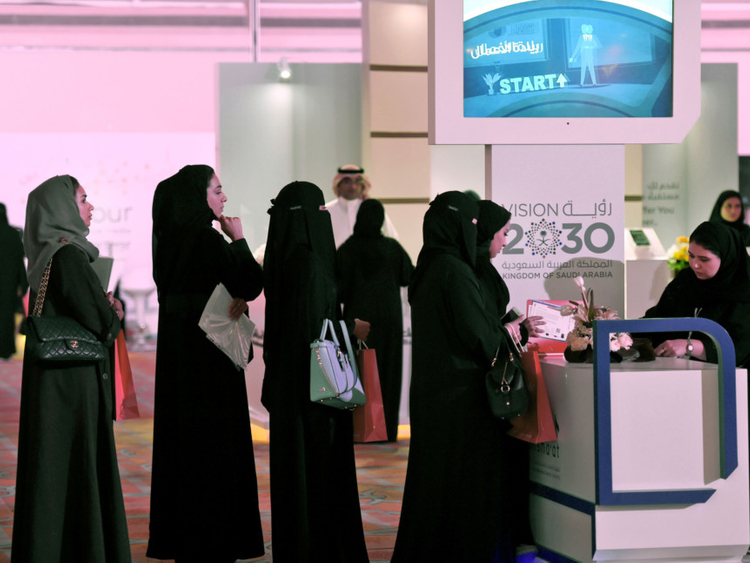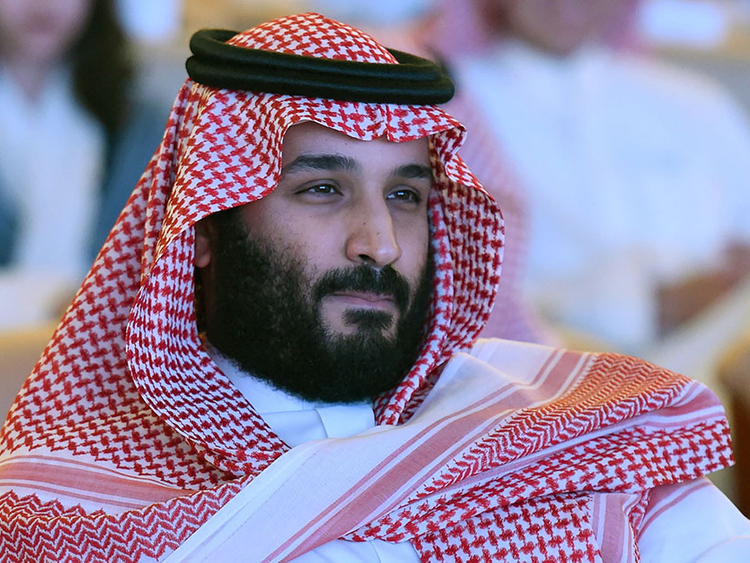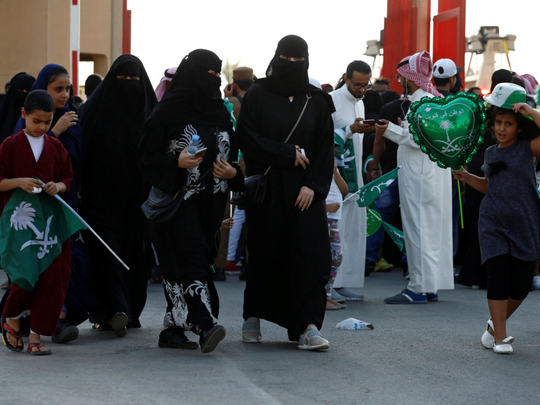
DUBAI: Saudi Crown Prince Mohammad Bin Salman is charting a new, more modern course for Saudi Arabia.
Prince Salman has pushed forth changes that could usher in a new era for one of the United States’ most important allies and swing the kingdom away from decades of ultraconservative dogma and restrictions.
He’s introduced musical concerts and movies again and is seen as the force behind the king’s decision to grant women the right to drive as of next year.
Opposition to the changes has so far been muted.
Prince Mohammad’s agenda is synchronising with a more cosmopolitan, global capitalism that appeals to international investors and maybe even non-Muslim tourists.
The prince grabbed headlines in recent days by vowing a return to “moderate Islam.”
He also suggested that his father’s generation had steered the country down a problematic path and that it was time to “get rid of it.”
Vision 2030
In his sweeping “Vision 2030” plan to wean Saudi Arabia off of its near total dependence on petrodollars, Prince Mohammad laid out a vision for “a tolerant country with Islam as its constitution and moderation as its method.”
Prince Mohammad, or MBS as he is widely known, used a rare public appearance on stage at a major investor conference in the capital, Riyadh, this week to drive home that message to a global audience.
“We only want to go back to what we were: Moderate Islam that is open to the world, open to all religions,” he said in the ornate grand hall of the Ritz-Carlton. “We will not waste 30 years of our lives in dealing with extremist ideas. We will destroy them today.”
His remarks were met with applause and a front-page article in Britain’s Guardian newspaper.
In expanded remarks to the paper, the 32-year-old prince said that successive Saudi monarchs “didn’t know how to deal with” Iran’s 1979 revolution that brought to power a clerical Shiite leadership still in place today.
That same year, extremists laid siege to Islam’s holiest site in Makkah for 15 days. The attack was carried out by militants opposed to social openings taking place at the time, seeing them as Western and un-Islamic.
To appease a sizeable conservative segment of the population at home, cinemas were shuttered, women were banned from appearing on state television and the religious police were emboldened.
Much is now changing under the crown prince.
Theme Park
There are plans to build a Six Flags theme park and a semi-autonomous Red Sea tourist destination where the strict rules on women’s dress will likely not apply.
Females have greater access to sports, the powers of the once-feared religious police have been curtailed and restrictions on gender segregation are being eased.
Unlike previous Saudi monarchs, such as King Abdullah who backed gradual and cautious openings, Prince Mohammad is moving quickly.
Young population
More than half of Saudi Arabia’s 20 million citizens are below the age of 25, meaning millions of young Saudis will be entering the workforce in the coming decade.
The government is urgently trying to create more jobs and ward off the kinds of grievances that sparked uprisings in other Arab countries where unemployment is rampant and citizens have little say in government.
The prince has to find solutions now for the problems he is set to inherit as monarch.
Saudi Arabia’s economic reforms require social reforms to succeed.


